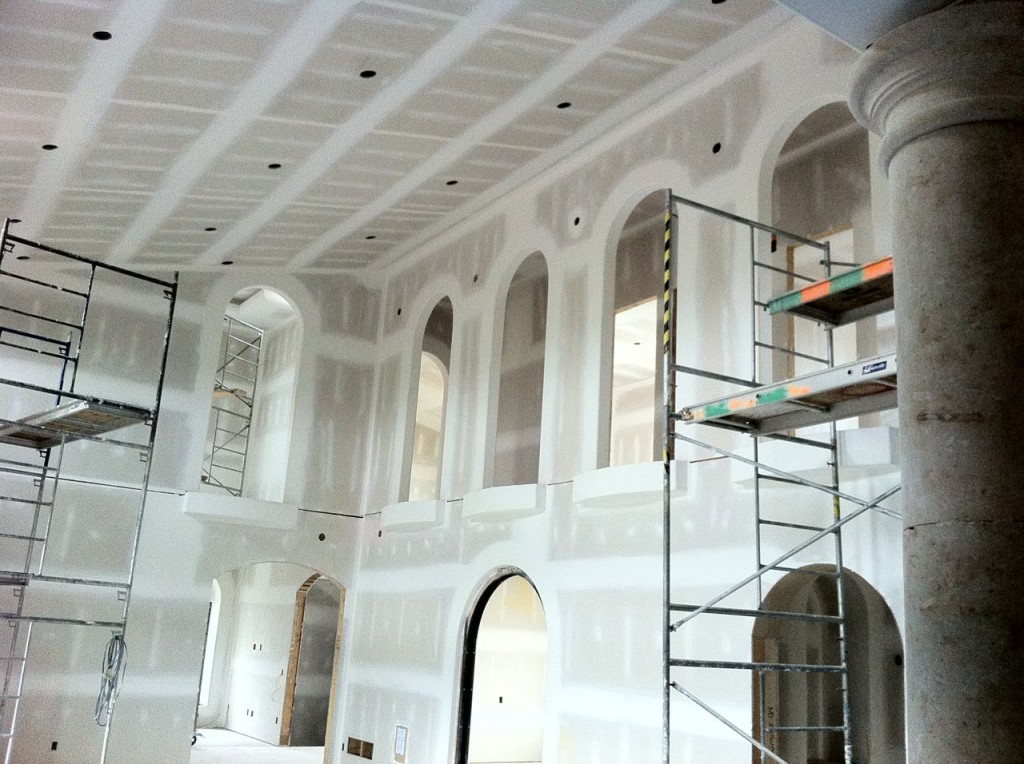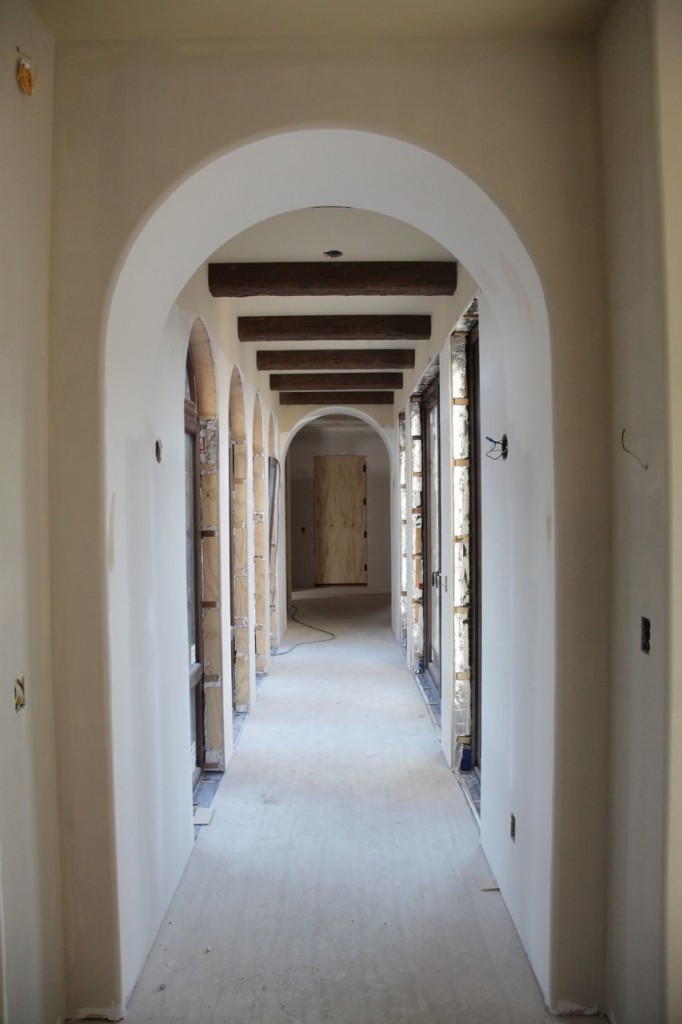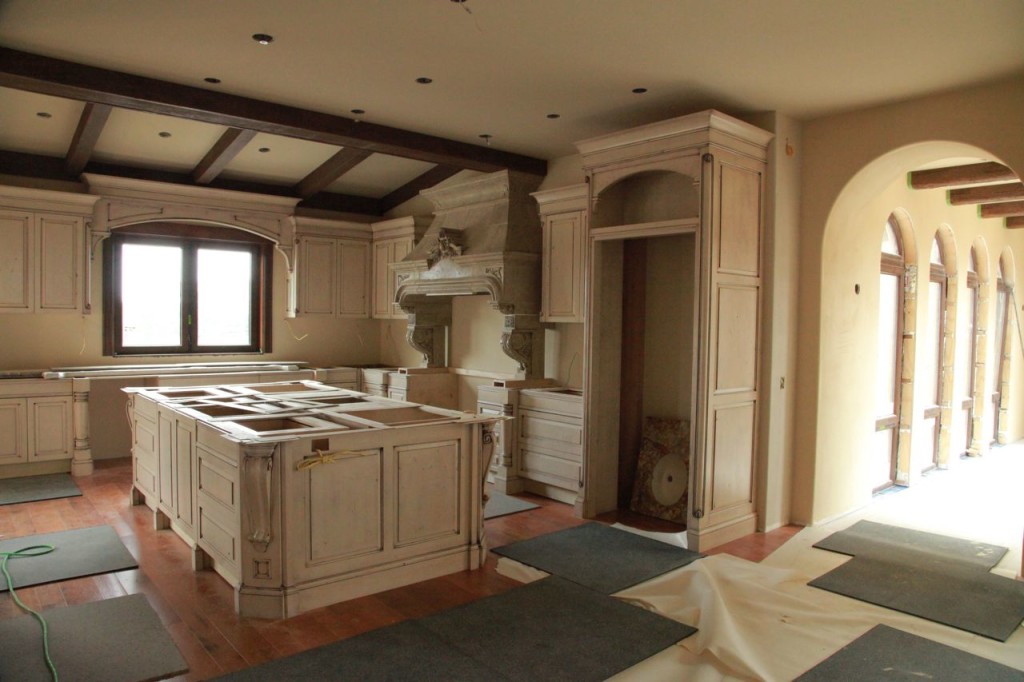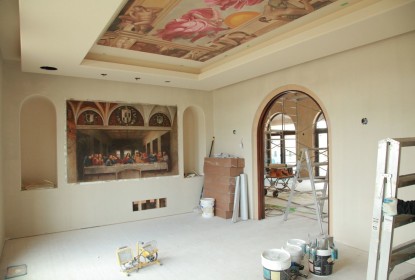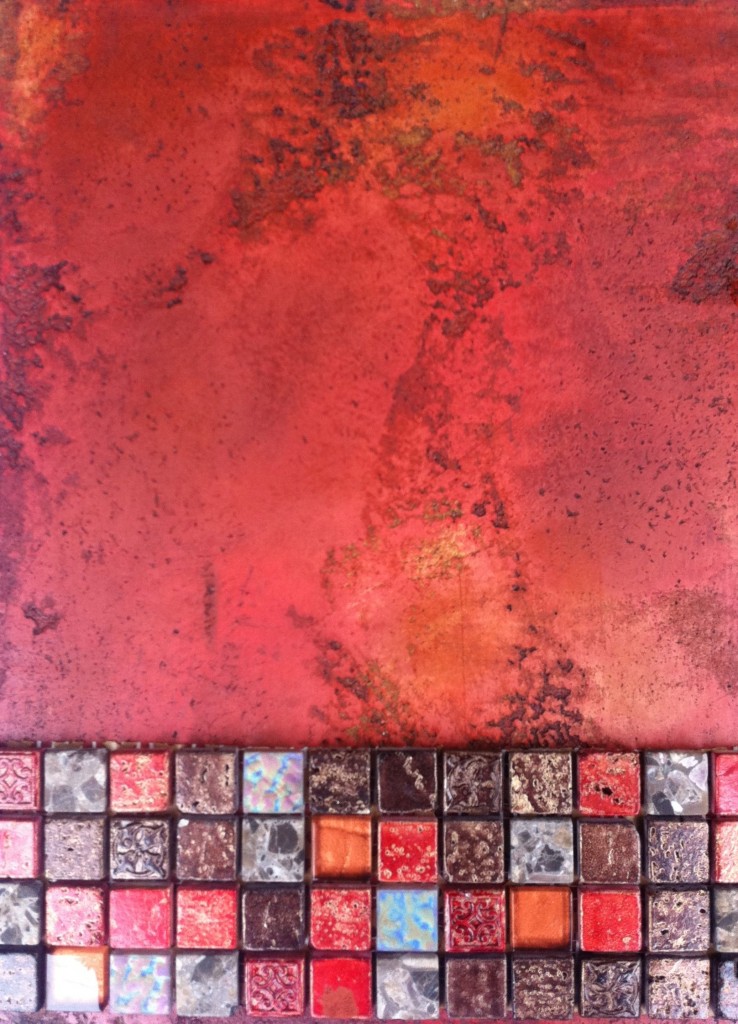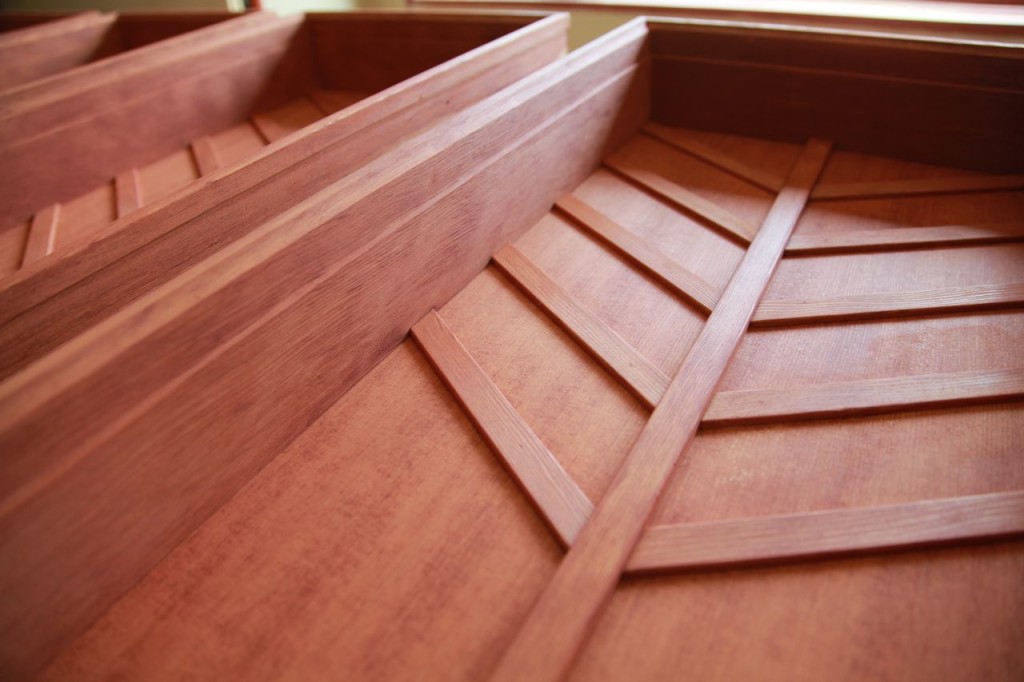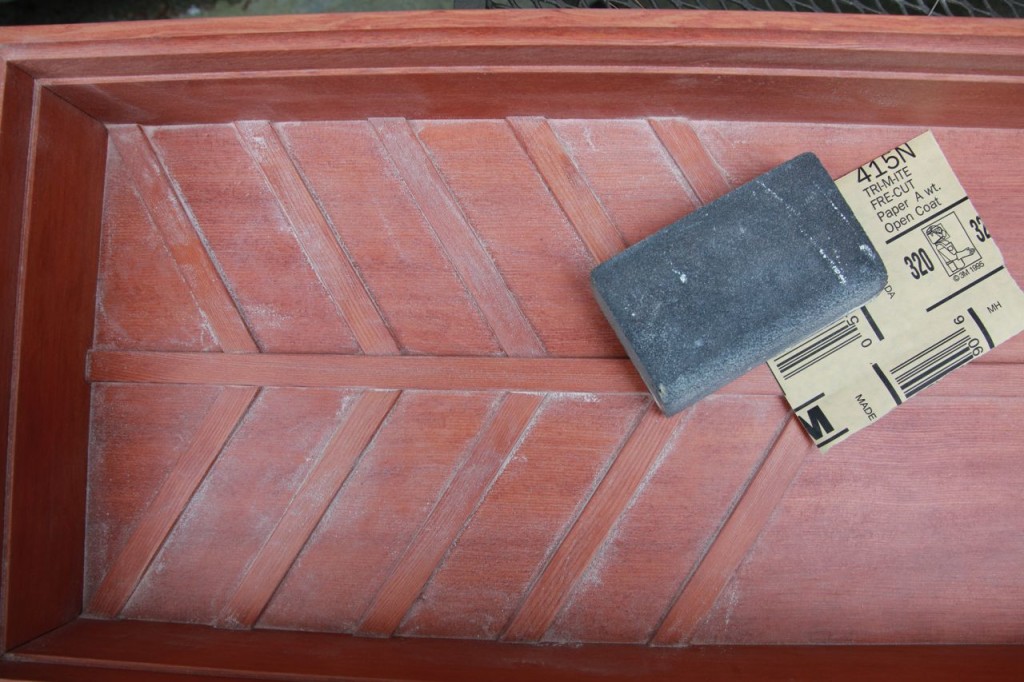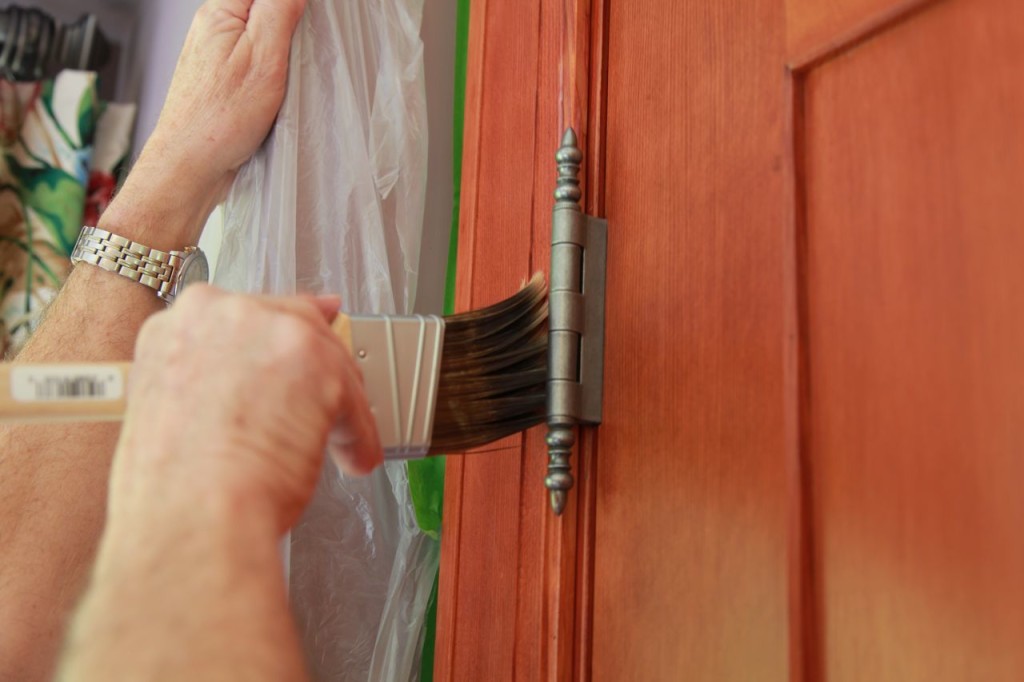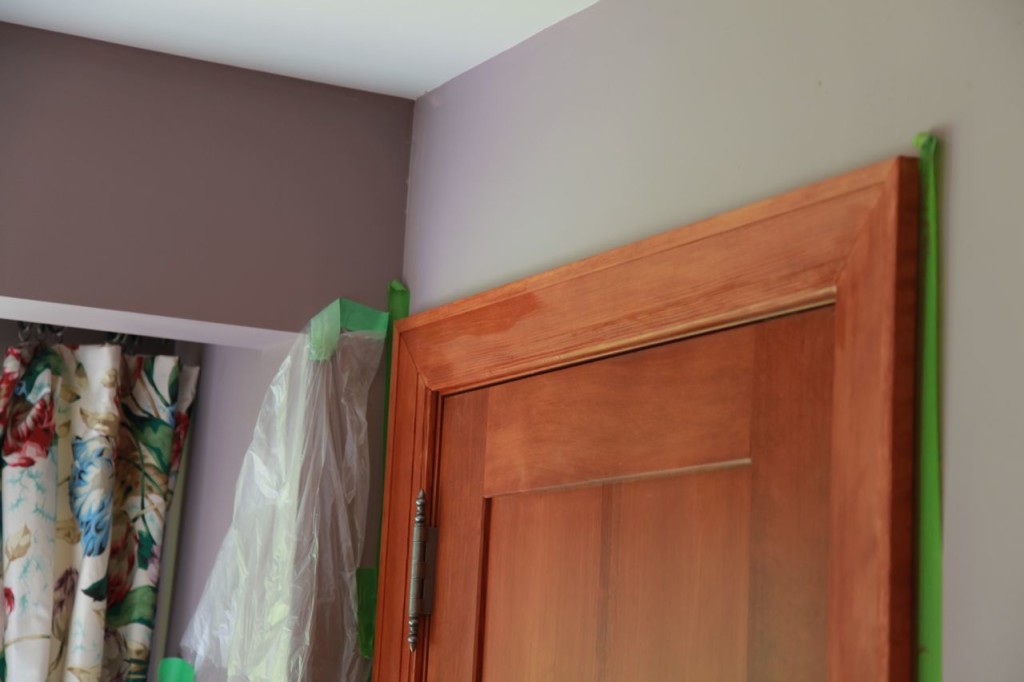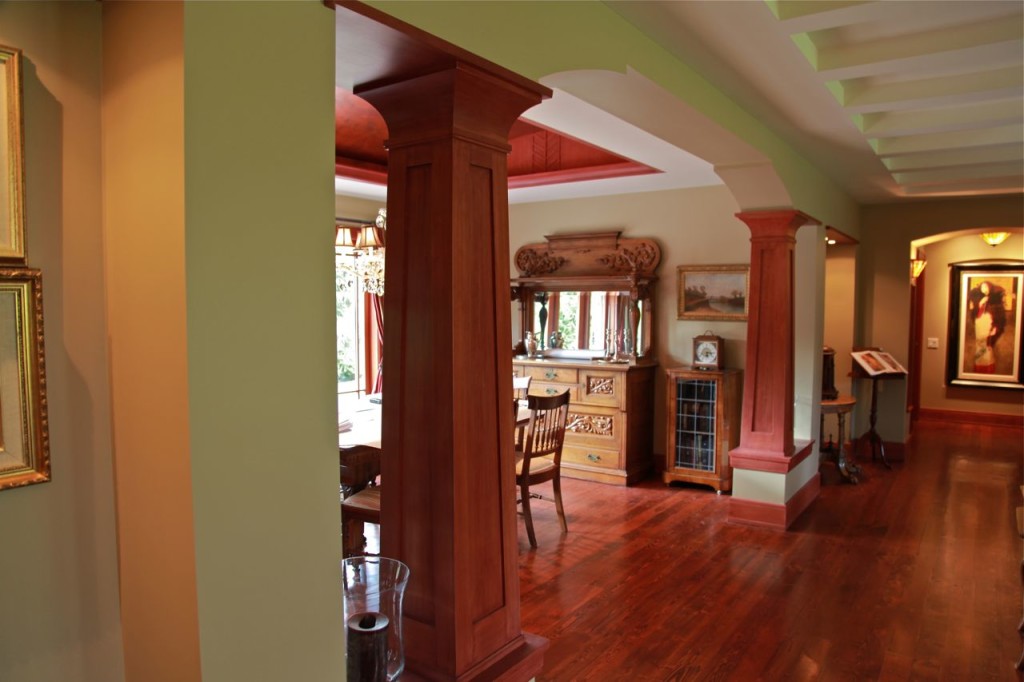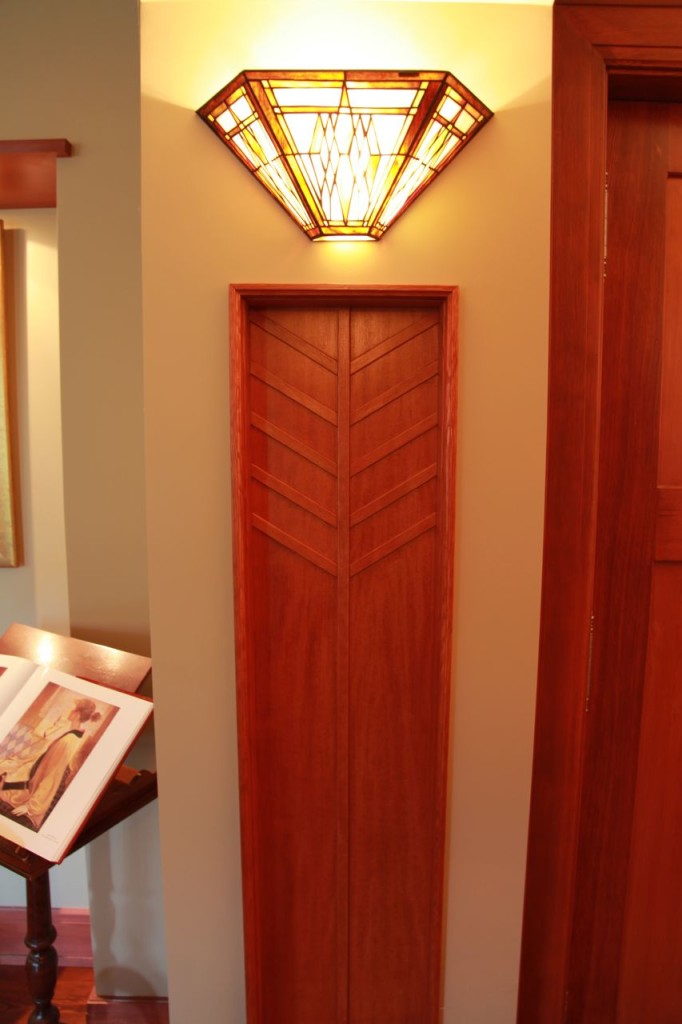If you know me, you know I’m a busy guy. It’s work, work, work, these days, and when it’s not about work, it’s about time with my wife, my girl, and the pups.
Needless to say, like most of us, I seldom get to do the projects around the home that I dream of doing.
That all changed in the last month, because not only did I finally get to do a bit of home reno that my family gets to enjoy, but I also got to try something I’ve wanted to do for a really long time — a heavy-duty Italian venetian plaster treatment to a bathroom shower stall.
This work was done in our main-floor bathroom, which had been wanting TLC for a while.
Doing any project for the first time, especially when it’s a bathroom, can make it hard to estimate all the work involved, so getting a chance to explore the process on my own time was great.
It was a major project by the time I finished, as you can tell by the end results, but what did it take to get there?
Here’s how the Home Shower Venetian Plaster Project evolved, start to finish.
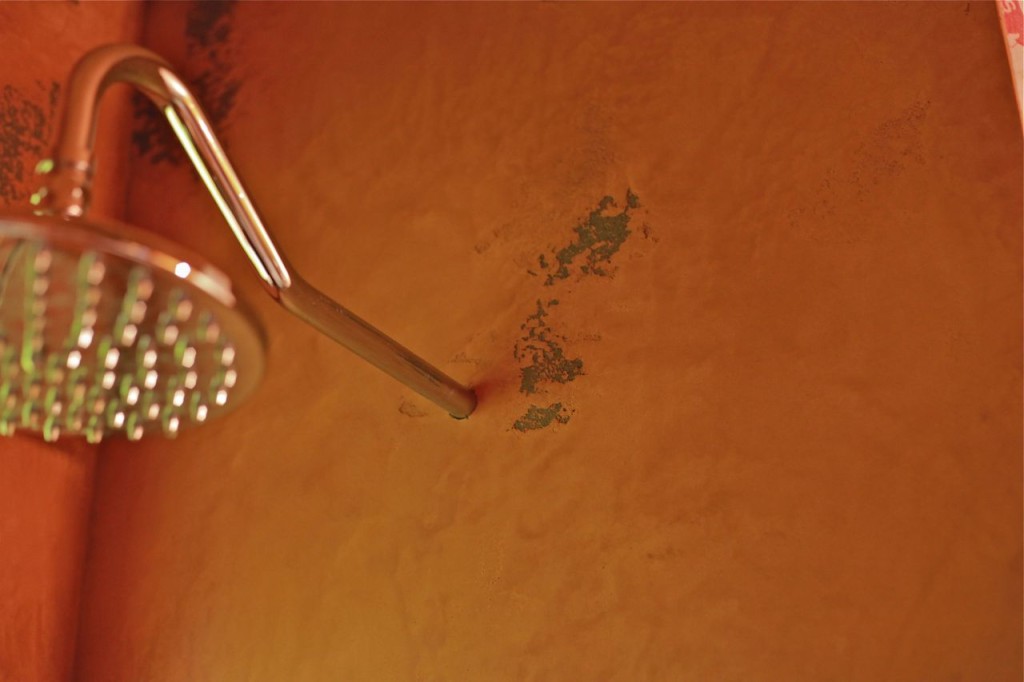
This ’70s bathroom came with tons of cedar, which all had to come down. Luckily, it was installed by someone who didn’t make much effort to do it right, so only a couple nails in each board ensured they popped right off. Removing the shoddy work made investing time in improving the room that much more satisfying.
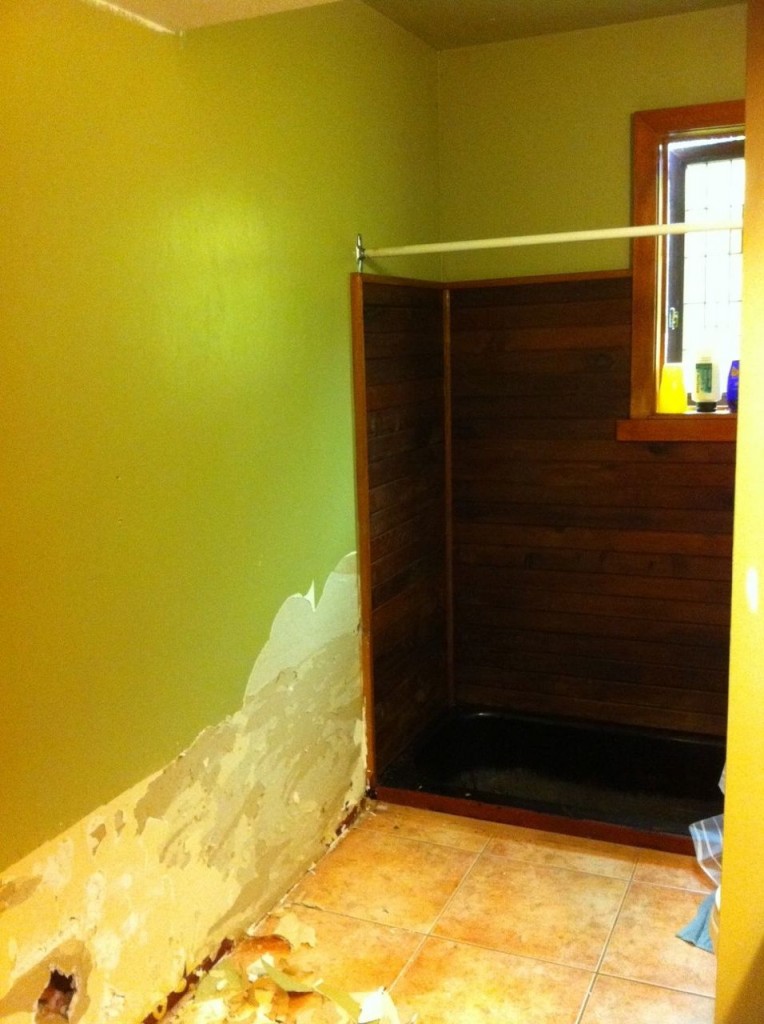
The first thing I wanted to do was move the shower-head up by about two feet. No one wants to crouch for a shower.
Before now, I never had the need, or an opportunity, to work with copper. I decided I’d take a kick at the copper can instead of calling a plumber, and working with the pipes was easier than I expected. I might do the odd fix-it job here and there now, but I’d certainly never do my whole place.
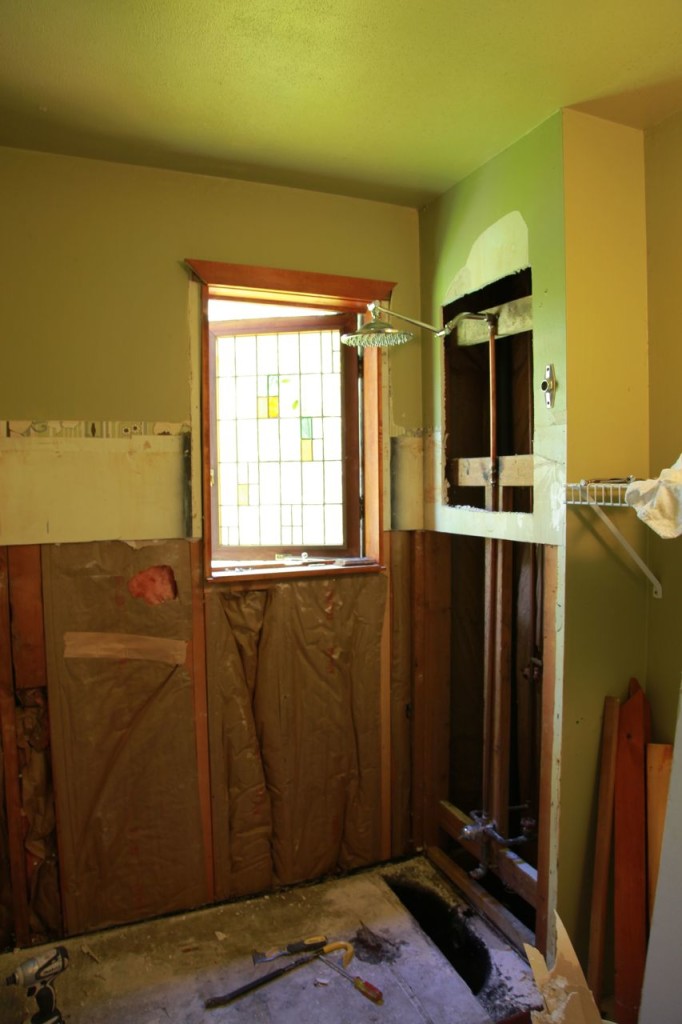
Next, I installed plywood. I’m sure some of you building guys out there are wondering “why not concrete board instead of plywood?”
It’s a preference, really. I find plywood’s just easier to work with, and it comes in big old 4×8-foot sheets, making for less cutting in some situations, but, most importantly, I find plywood’s a big help when it comes to installing lath. (Shown later.)
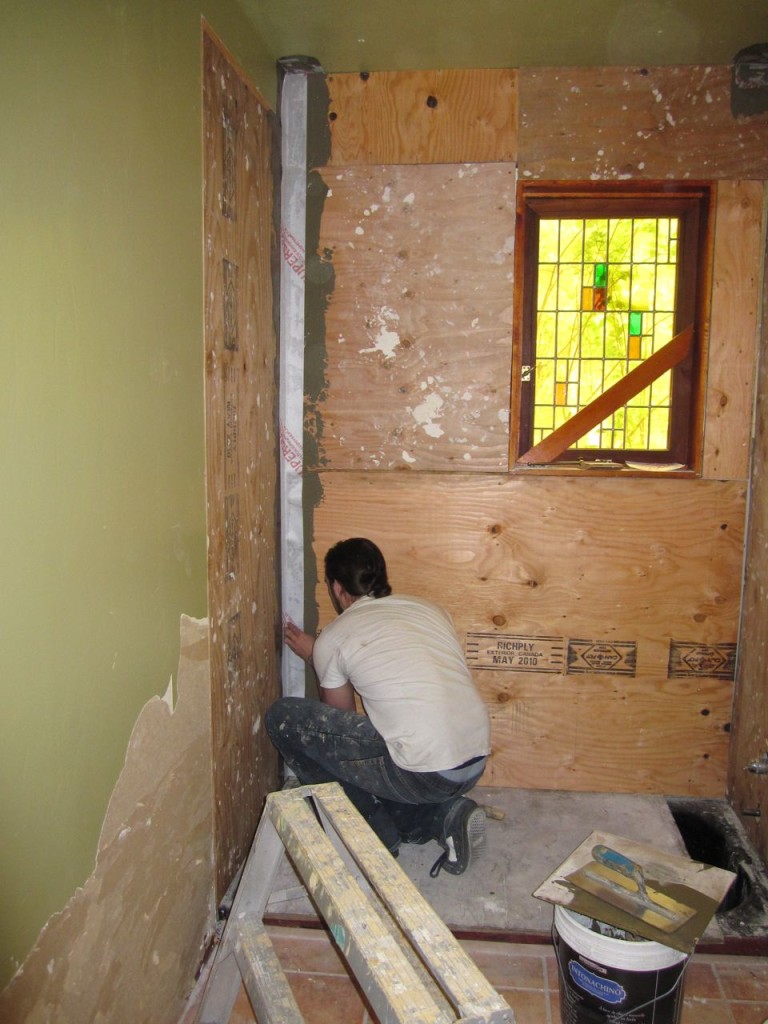
Next up was installing the water-proof membrane. Obviously a quality project is needed for a shower, and I used a local company’s product, called, “SuperSeal” you can learn more about it here.
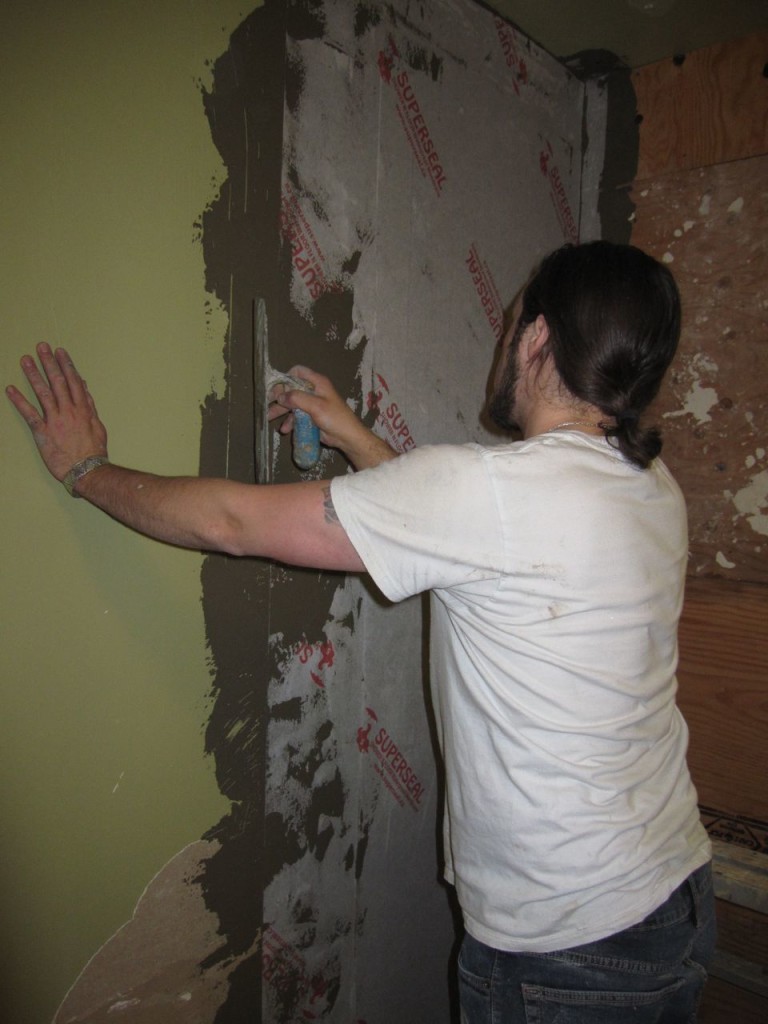 Continue Reading..
Continue Reading..
